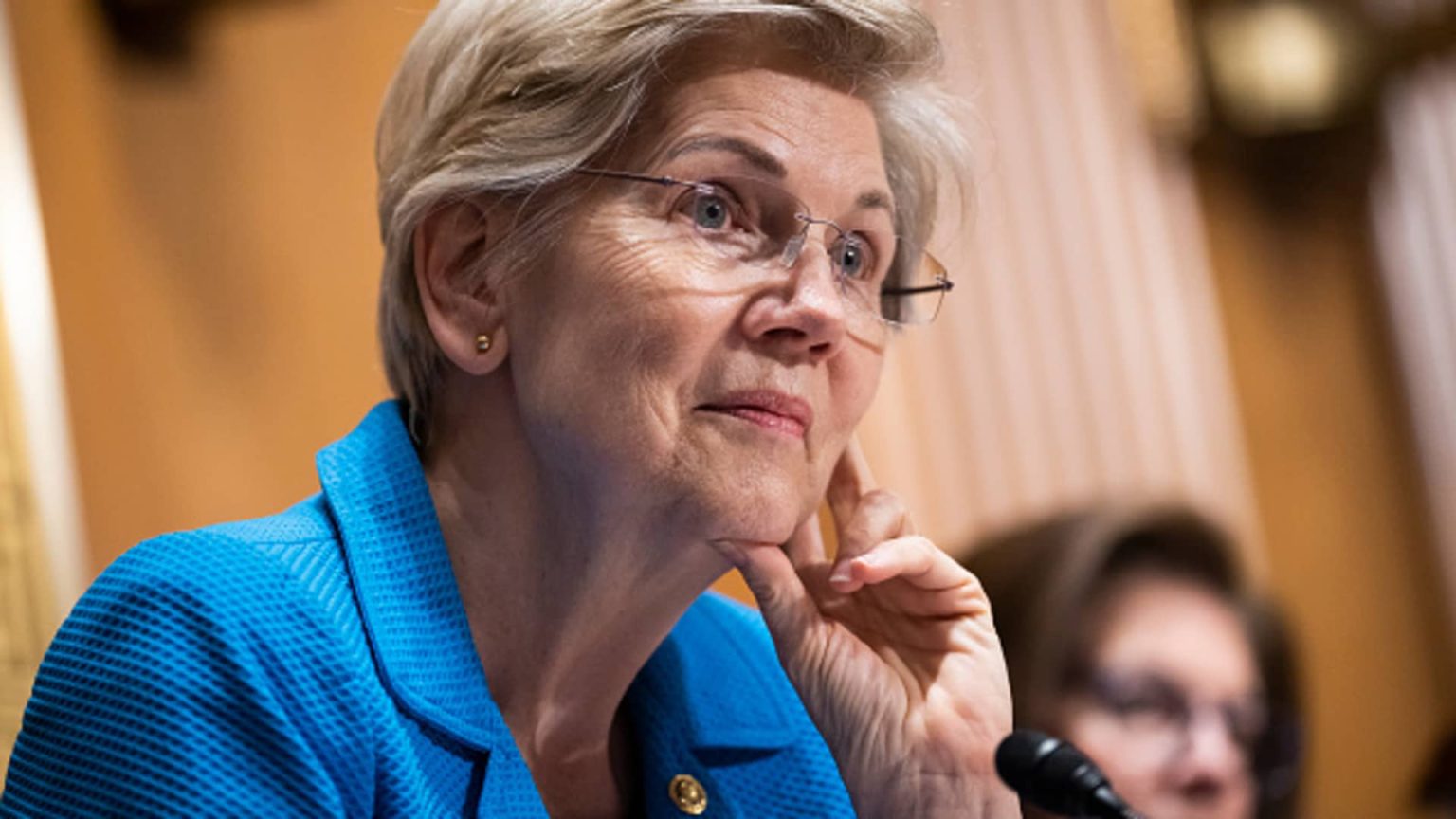Sen. Elizabeth Warren, D-Mass., greets Martin Gruenberg, chairman of the Federal Deposit Insurance Corporation, during the Senate Banking, Housing, and Urban Affairs Committee hearing in Dirksen Building on Tuesday, March 28, 2023.
Tom Williams | Cq-roll Call, Inc. | Getty Images
WASHINGTON — Sen. Elizabeth Warren is asking federal financial regulators for answers over what she called a “deeply troubling” deal that saw JPMorgan Chase take over First Republic Bank.
In a letter to regulators ahead of a Senate hearing on the matter, Warren highlighted that the deal, which is expected to produce a $2.6 billion gain for JPMorgan, resulted in a $13 billion loss to the FDIC’s Deposit Insurance Fund.
Warren’s letter, dated Wednesday, is addressed to Martin Gruenberg, chairman of the Federal Deposit Investment Corp., and Michael Hsu, acting comptroller of the currency, an independent division of the Treasury Department.
Both Gruenberg and Hsu will testify before the Senate Banking committee on Thursday. CNBC has reached out to the FDIC and the Office of the Comptroller of the Currency for comment.
“Without a complete regulatory review, and at a cost of $13 billion to the Federal Deposit Insurance Fund, the nation’s biggest bank — already too big to fail — got a bargain deal on a failing bank that made it even bigger,” wrote Warren, D-Mass.
JPMorgan, the largest U.S. bank, acquired First Republic’s deposits and the bulk of its assets May 1 after regulators seized the bank — resulting in the biggest bank failure since the 2008 financial crisis. First Republic was seen as the weakest link in the banking system following the failures of Silicon Valley Bank and Signature Bank in March.
“Our government invited us and others to step up, and we did,” JPMorgan CEO Jamie Dimon said in a press release May 1. “Our financial strength, capabilities and business model allowed us to develop a bid to execute the transaction in a way to minimize costs to the Deposit Insurance Fund.”
The FDIC allowed JPMorgan to take over the total package of First Republic’s assets for less than they were worth, according to Warren, a longtime critic of Wall Street. Meanwhile, the agency will bear 80% of the credit losses on the bank’s mortgages and commercial loans, she said.
She also asked questions about the process through which JPMorgan was selected from a pool of bidders.
The Massachusetts Democrat is seeking answers from Gruenberg and Hsu about whether the agency indeed resolved the bank failure at the lowest cost to the federal insurance fund, as is required by law.
The FDIC declared a systemic risk exception to avoid taking a least-cost route toward guaranteeing uninsured deposits after SVB and Signature failed, but this method was not applied to First Republic. Instead, the insurance fund was allowed to take a multibillion-dollar loss after billions of dollars worth of the bank’s uninsured deposits were rescued during the deal, Warren said.
“The FDIC appeared to prioritize First Republic’s uninsured deposits at the bank before the Insurance Fund,” she said.
Read the full article here




